Taking advantage of the potential and advantages of grazing land and food sources, in recent years, people in Da Bac district have focused on switching from raising buffaloes and cows to raising goats. With the advantage of "only eating grass and drinking water", raising goats has become a direction that brings high economic efficiency.
People in Giap Dat commune (Da Bac) raise goats with high economic efficiency.
Many years ago, Ms. Vi Thi Nham's family in Bao hamlet, Giap Dat commune (Da Bac) maintained cattle farming. This was a suitable economic development direction because her family could let the cows go into the forest, where food was readily available. However, a few years ago, she decided to sell the cows to switch to raising goats, because the price of cows had dropped sharply, so the economic efficiency was not high. Meanwhile, some households in neighboring communes had switched to raising goats with favorable output, the selling price was always stable at over 100,000 VND/kg. Thanks to a bank loan, Ms. Nham's family decided to invest in raising goats, and so far this direction has brought about practical results.
Mrs. Nham shared: Raising goats is easier, in the morning they are released to the hills, in the evening they are herded back to the barn. Because goats are omnivorous, and the food source is readily available, they only need to buy salt to mix with water for drinking, without spending much on food. In particular, goats reproduce quickly, giving birth to 3 litters in 2 years, so the herd increases quickly. Currently, the family has a herd of over 20 goats. Every year the goats reproduce, and after 6 months or more they can be sold. The output is not difficult because traders come to buy at home. For families with hills and forests, raising goats is the most suitable.
In Bao hamlet, Sa Thi Day's family has also been raising goats for nearly 4 years. Her family has a herd of more than 10 goats, including 6 breeding goats, the rest are male goats and meat goats. According to Day, the breed that the family is raising is grass goats, mountain goats, which are small in size but healthy, with delicious meat quality. In particular, goats reproduce quickly, giving birth to 2-3 kids per litter. When the kid goats are 1 year old, they will weigh about 20kg, then her family will sell them, the price ranges from 110-130 thousand VND/kg, sometimes even 150 thousand VND/kg. "Compared to raising buffalo, cows, and pigs, raising goats is easier and the selling price is stable. During the rainy season, because they are afraid of water, the family has to proactively cut grass and vaccinate them against some diseases so that the goats can grow well," said Day.
In addition to Giap Dat, goats are also raised in many highland communes of Da Bac district, such as Nanh Nghe, Muong Chieng, Tan Pheo, Doan Ket. In addition, in the district area, goat raising is also focused. Like Tu Ly commune, there are currently dozens of households raising goats. If in highland communes, people mainly raise goats in the form of grazing, in Tu Ly commune, households raise them semi-grazing. To develop goat raising to bring high economic efficiency, Da Bac Goat Raising Cooperative (Tu Ly commune) has been established. With this cooperative, households will link together in production and consumption of products. This is an important factor in building the Da Bac goat brand in the future.
Comrade Bui Khac Vinh, Head of the Department of Agriculture and Rural Development of Da Bac district, said: Currently, the total goat herd in the district is over 8 thousand and is continuing to be developed by the people. In the context of buffalo and cow farming facing many difficulties due to market fluctuations, goat farming brings practical economic benefits. With the potential and advantages of food sources and grazing areas, Da Bac district encourages people to raise goats, especially in highland communes with rocky terrain. The district's professional agencies continue to focus on training on science and technology to develop sustainable goat farming.
Written by Dao
Source


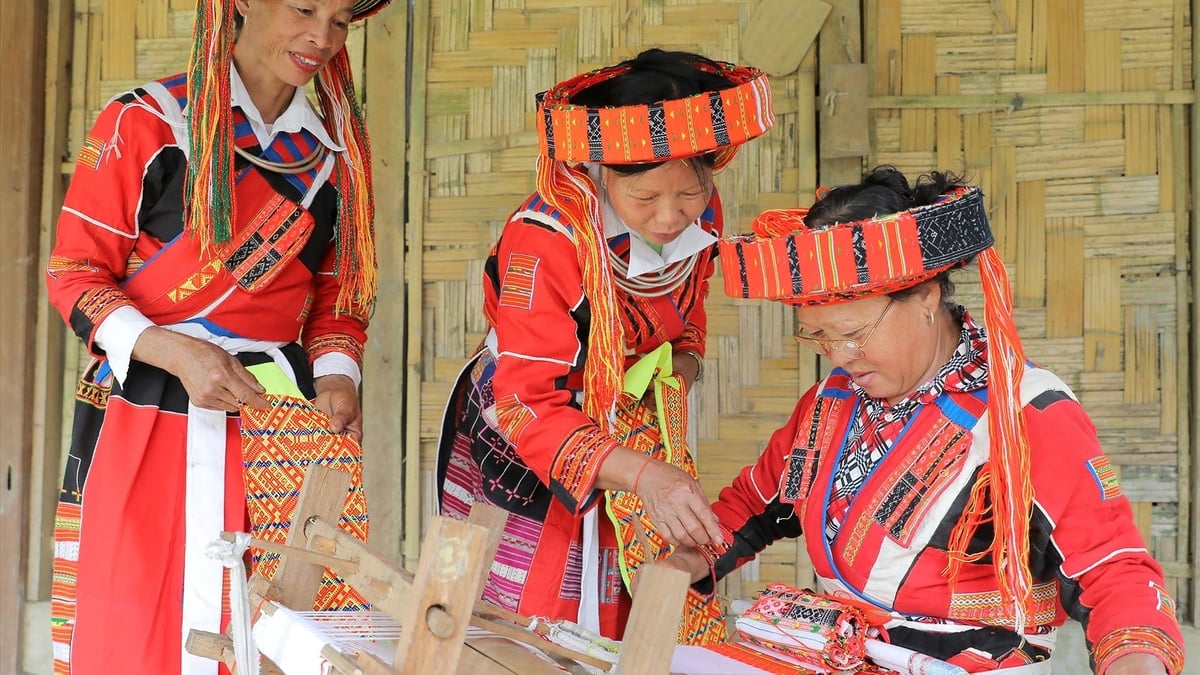

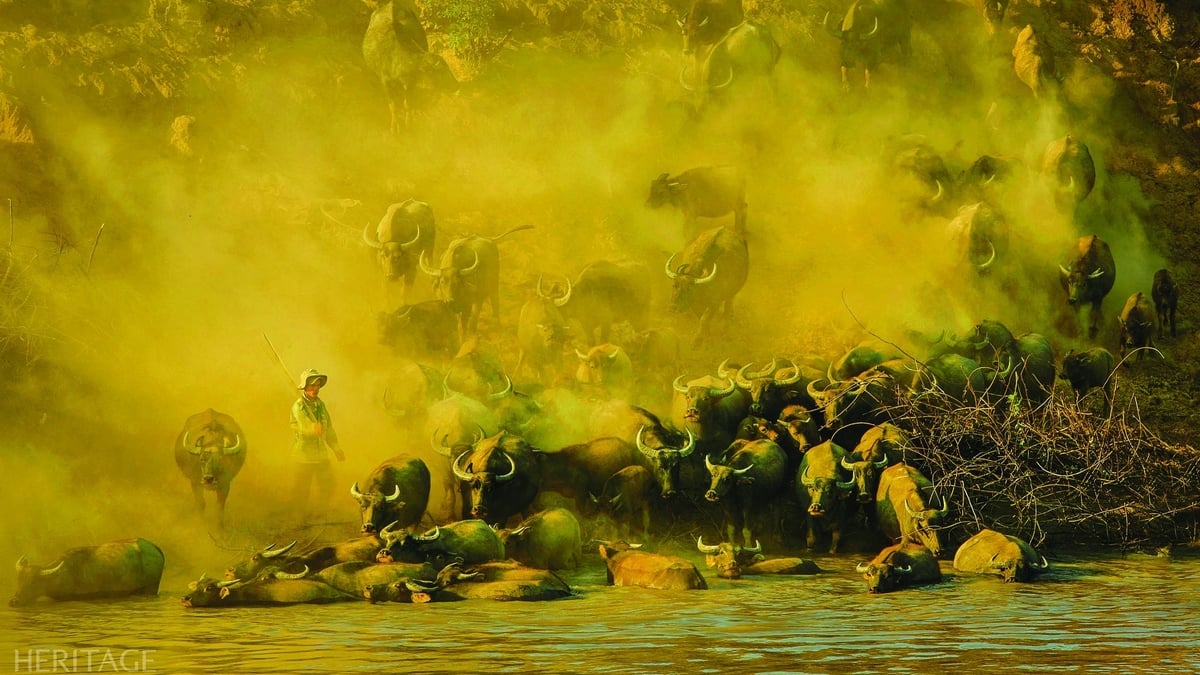





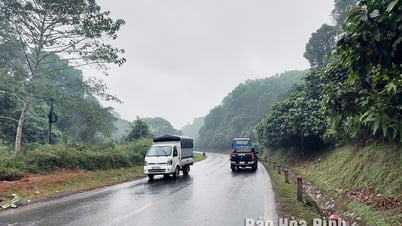










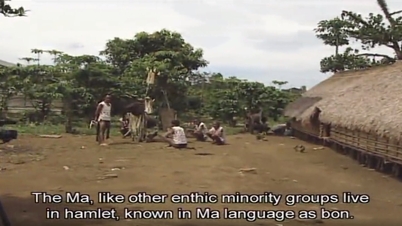

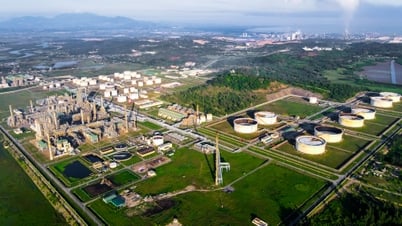





















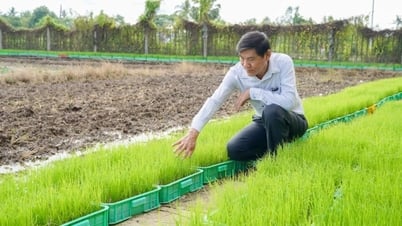

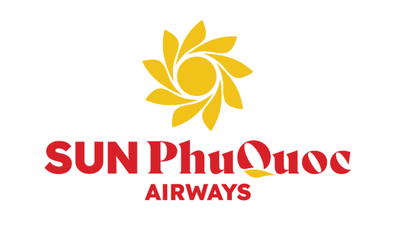



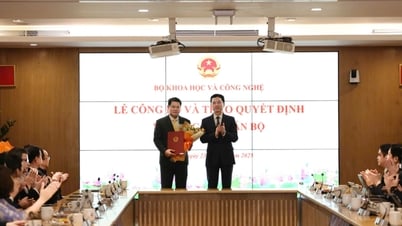





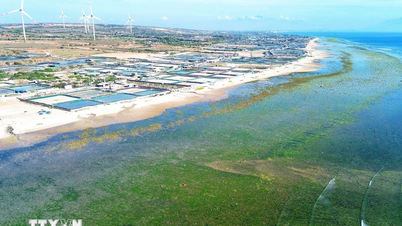

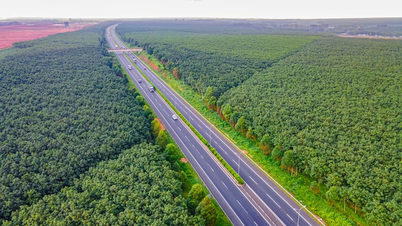






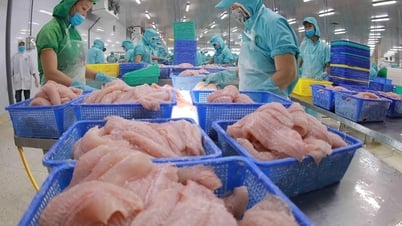










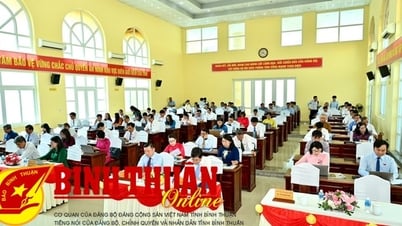
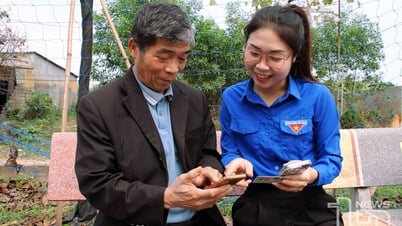
















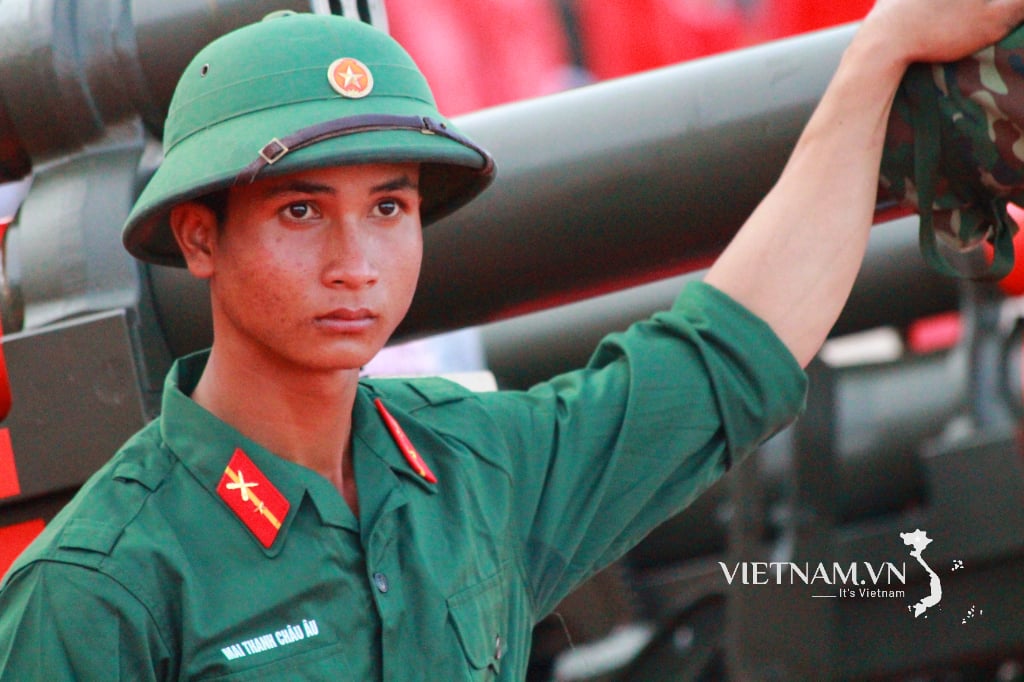
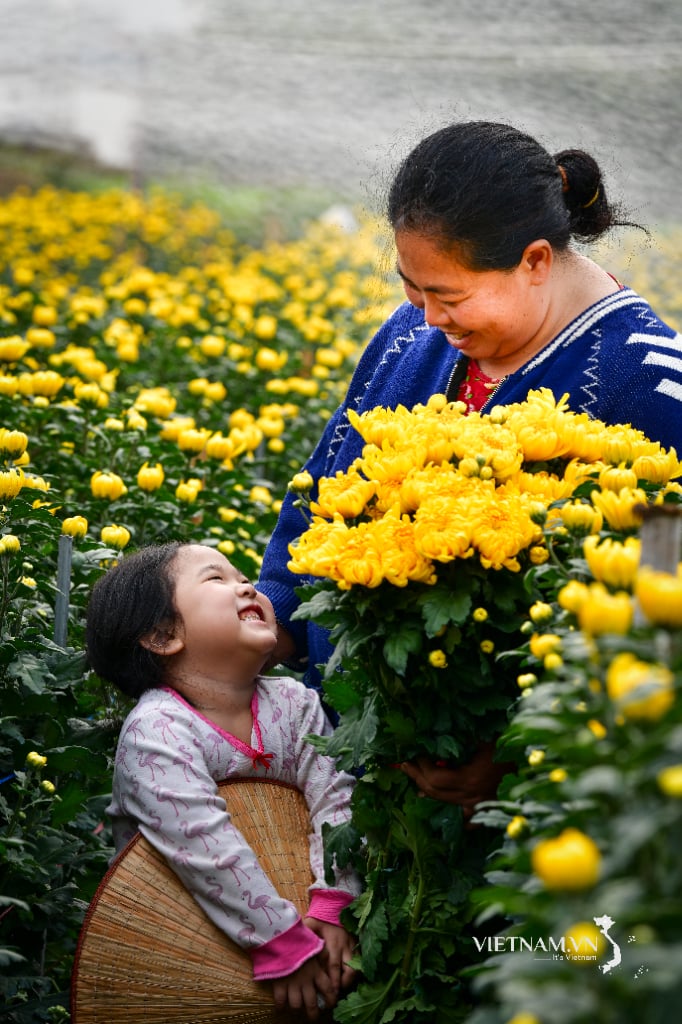
Comment (0)